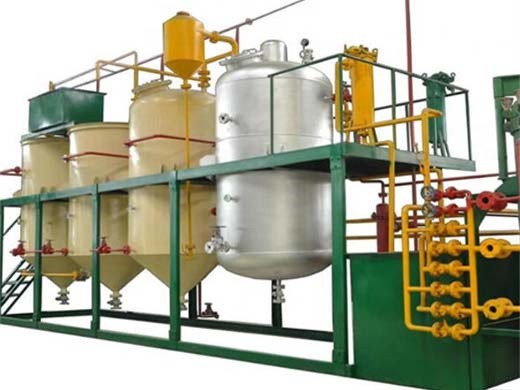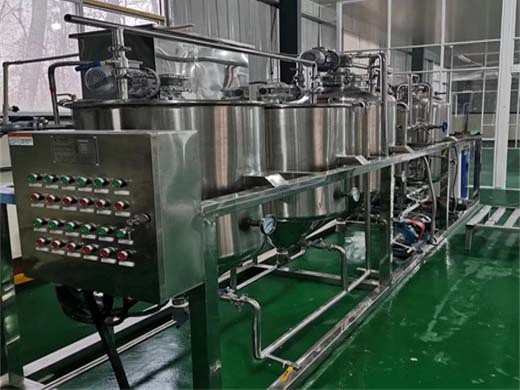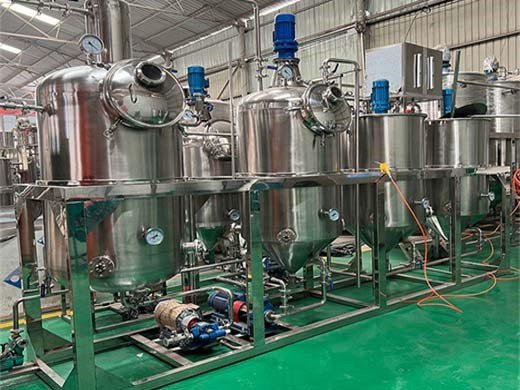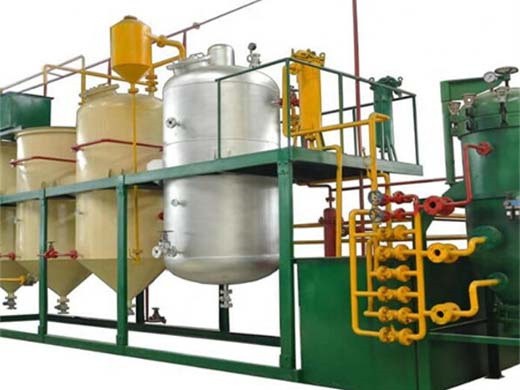Democratic Republic of the Congo Energy Outlook Analysis
The power sector sees more growth than any other sector; a big increase in the use of hydropower leads to its share of the overall energy mix increasing to 23% in the AC. Democratic Republic of the Congo electricity generation by technology in the Africa Case, 2010-2040
Oil and Gas dominates the resource sector of the Republic of the Congo (French: République du Congo), also referred to as Congo-Brazzaville, with the petroleum industry accounting for 89% of the country’s exports in 2010. Among African crude oil producers in 2010, The Congo ranked seventh. Nearly all of the country's hydrocarbons were produced off-shore.
Republic of the Congo
fired power stations has helped to increase electricity capacity in Point-Noire, but there is still a reliance on electricity imports from the neighbouring Democratic Republic of the Congo (DRC) to meet growing power demand in urban areas. Despite the rich energy resources, less than half of the population of the Republic of the Congo has
The Congo Crisis (French: Crise congolaise) was a period of political upheaval and conflict in the Republic of the Congo (today the Democratic Republic of the Congo) between 1960 and 1965. The crisis began almost immediately after the Congo became independent from Belgium and ended, unofficially, with the entire country under the rule of Joseph-Désiré Mobutu.
Republic of Congo The Energy Year
The Republic of Congo is the fourth largest Sub-Saharan producer of oil, with an output of 291,000 bopd in 2024. Its proven oil reserves amounted to 1.6 billion barrels in 2015, with a reserves-to-production ratio of 15.8%. In 2024, the country is expected to leapfrog Equatorial Guinea and become the third-largest producer in the region, Continue reading Republic of Congo →
68 John Paffenbarger, “Despite Increasing Refinery Power Production, Oil-Fired Generation Is Declining,” Oil & Gas Journal 95.28 (14 July 1997): 35–40. 69 Patrik Söderholm, “Fuel Flexibility in the West European Power Sector,” Resources Policy 26.3 (2000): 157–170, here 160–161.
Ch 15 Wars in Africa since 1989. Slavery, colonisation
Jan 21, 2013· This resulted in power cuts in most parts of the country, despite an increase in oil consumption. The reason was that the private refinery would only accept payment in dollars, something that the oil-fired power station supplying most of the country with electricity lacked. It was closed down.
The Democratic Republic of the Congo is named after the Congo River, which flows throughout the country.The Congo River is the world's deepest river and the world's second-largest river by discharge.The Comité d'études du haut Congo ("Committee for the Study of the Upper Congo"), established by King Leopold II of Belgium in 1876, and the International Association of the Congo,
Oil and Gas in Africa African Development Bank
2.3.2 Production 43 2.3.3 Exploration and Planned Production 47 2.3.4 Main Trends and Expected Upstream and Downstream Developments 48 2.4 Oil Trade in Africa 53 2.5 Africa’s Consumption of Oil 58 2.6 Gas Reserves 59 2.7 Gas Production 61 2.8 Consumption of
In 1940 Romania's territorial gains made following World War I were largely undone. In July, after a Soviet ultimatum, Romania agreed to give up Bessarabia and northern Bukovina (the Soviets also annexed the city of Hertsa, which was not stated in the ultimatum).Two-thirds of Bessarabia were combined with a small part of the Soviet Union to form the Moldavian Soviet Socialist Republic.




